Tag: Digital Transformation
-

EIB Commits $80 Million to Apis Growth Fund III to Expand Financial Services in Africa and Asia
The European Investment Bank (EIB) has confirmed an $80 million equity commitment to the Apis Growth Fund III, a major private equity vehicle led by Apis Partners that focuses on scaling financial services companies in emerging markets.
-
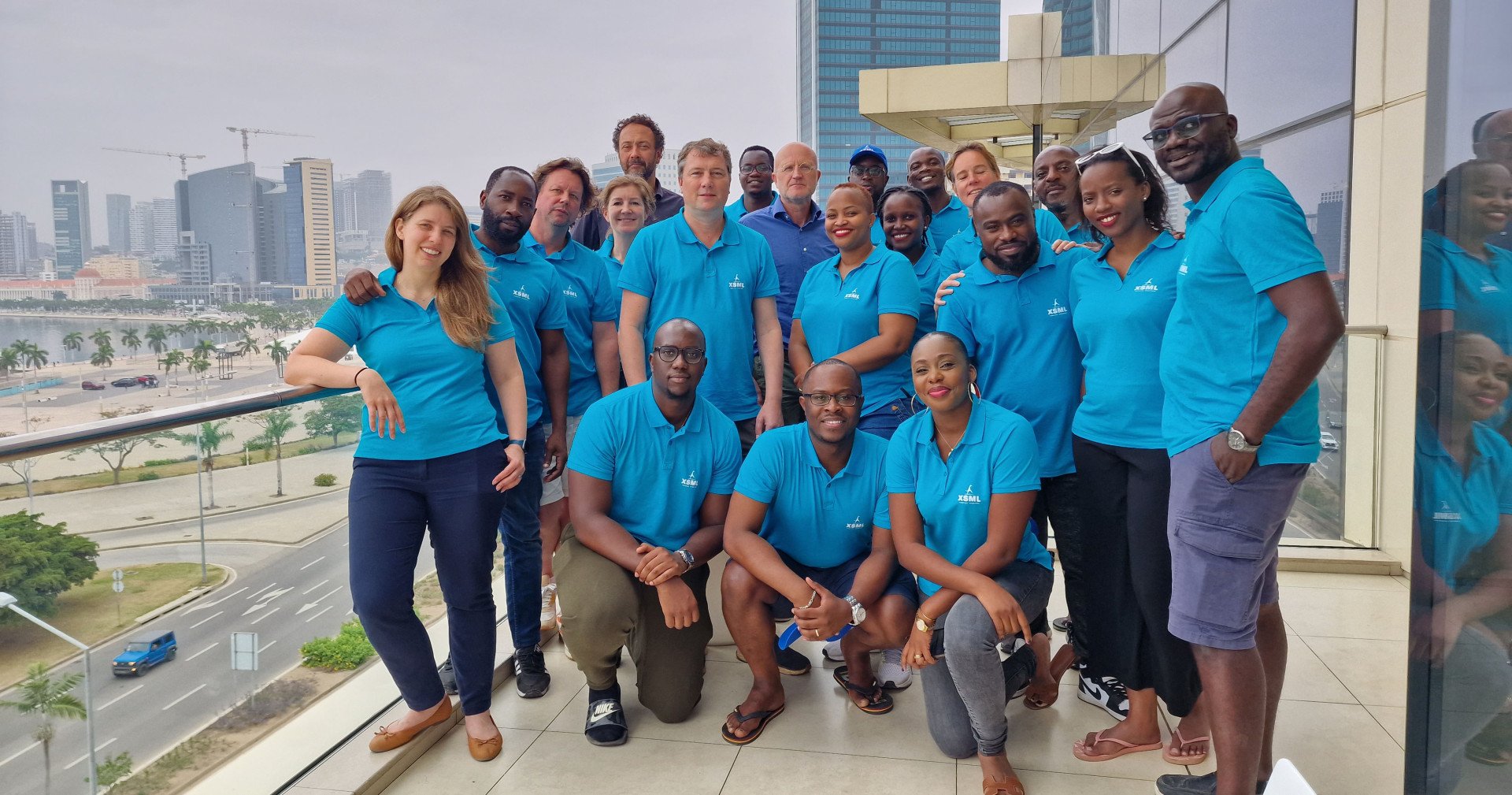
XSML Capital Closes $142 Million African Rivers Fund IV Above Target to Expand SME Financing in Frontier Markets
XSML Capital has closed its latest financing vehicle, African Rivers Fund IV (ARF IV), with total commitments of $142 million, surpassing the fund’s original $135 million cap.
-

Morocco’s Enakl Raises $2.3 Million to Expand Bus-Sharing Services and Launch Mobility Software
Morocco-based shared mobility startup Enakl has successfully secured $2.3 million in seed funding to accelerate the rollout of its collective transport services and unveil a new software product for transit operators and planners.
-
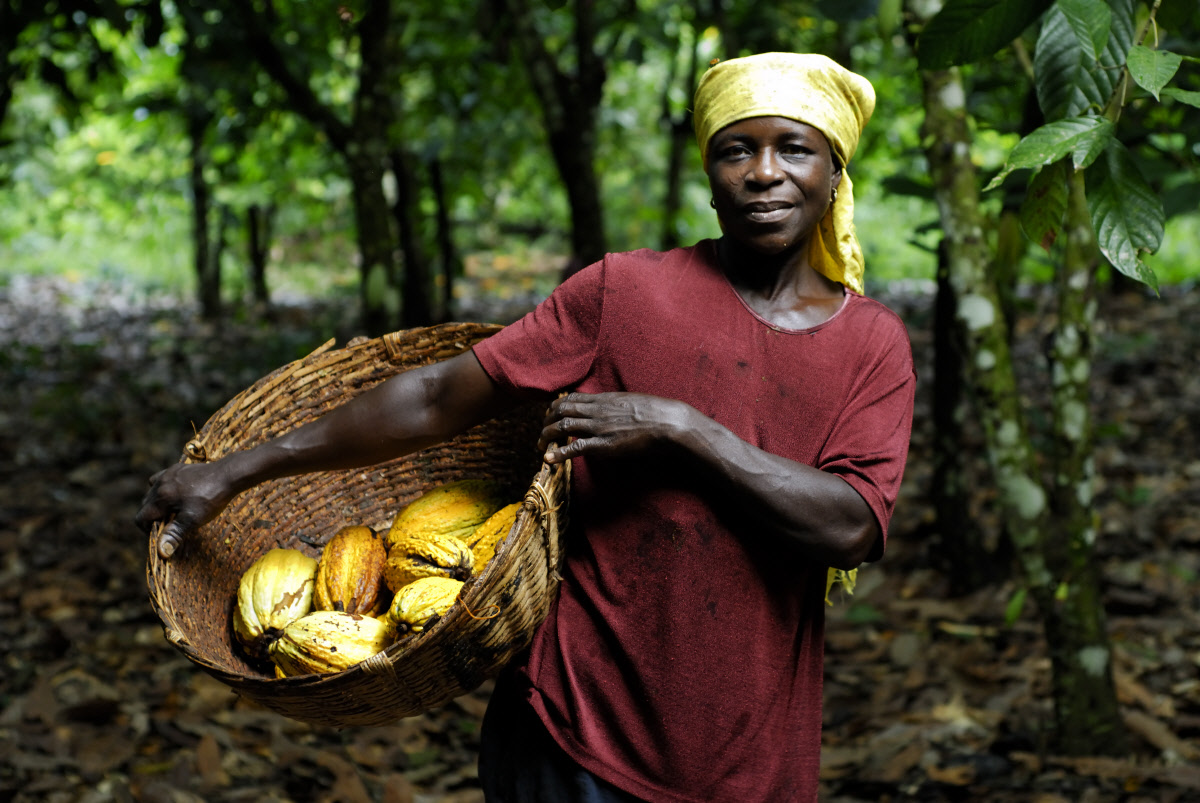
Sahel Capital Renews $2.4 Million Working Capital Facility for Ghana’s Kuapa Kokoo to Support Cocoa Farmers
Sahel Capital has provided a new $2.4 million working capital loan to Kuapa Kokoo Limited (KKL) through its Social Enterprise Fund for Agriculture in Africa (SEFAA), reinforcing its earlier credit support for the Ghanaian cocoa firm.
-
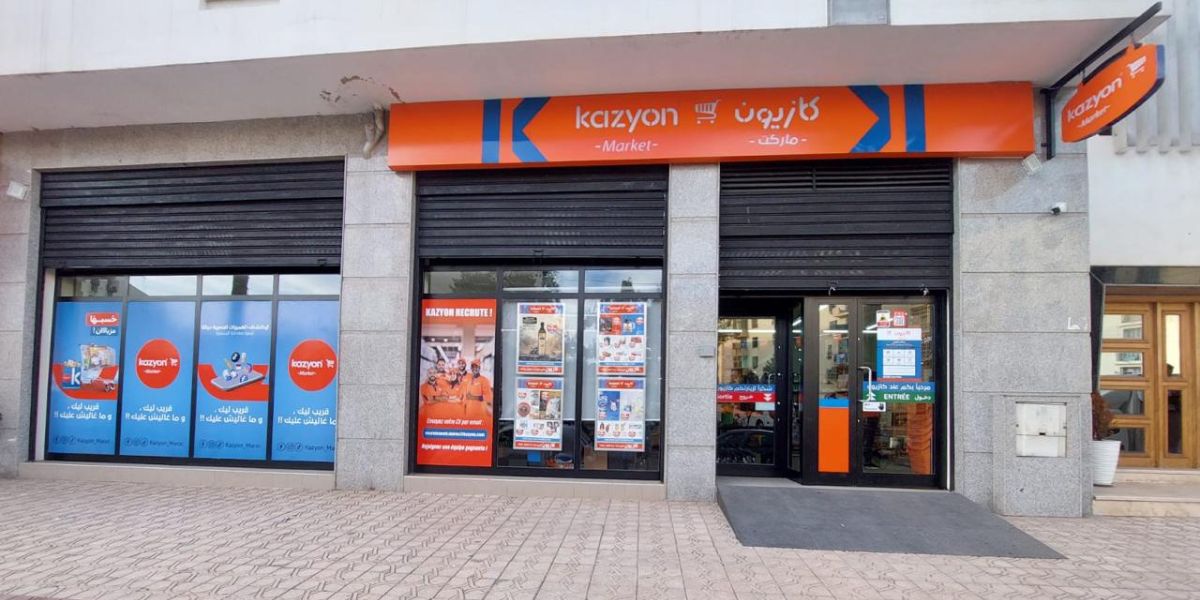
Development Partners International Invests $50 Million to Support Kazyon’s Expansion Across MENA
Development Partners International (DPI), the London-based private equity firm, has committed an additional $50 million in follow-on funding to support Kazyon, the fast-growing Egyptian discount retail chain, as it scales operations across the Middle East and North Africa.
-
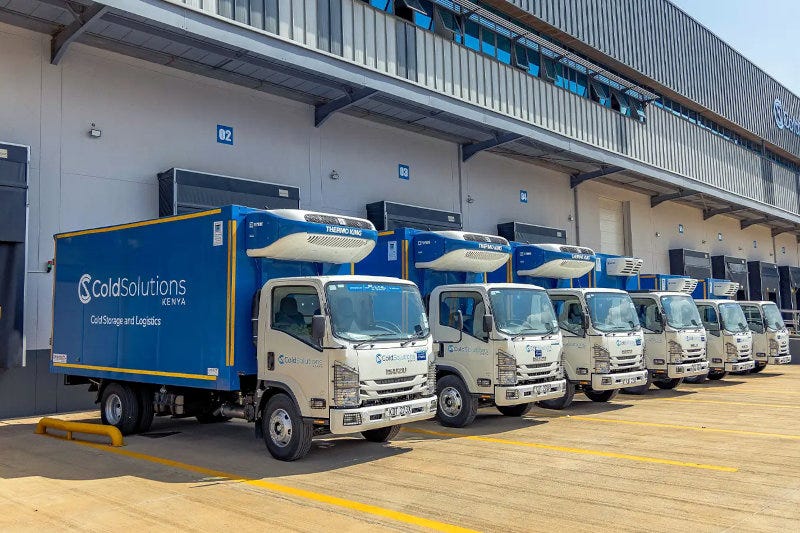
Mirova Invests $19 Million in Kenya’s Cold Solutions Kiambu to Scale Climate-Smart Cold Chain in East Africa
Mirova has committed $19 million to Cold Solutions Kiambu SEZ Limited, supporting the expansion of climate-aligned temperature-controlled logistics infrastructure in Kenya.
-
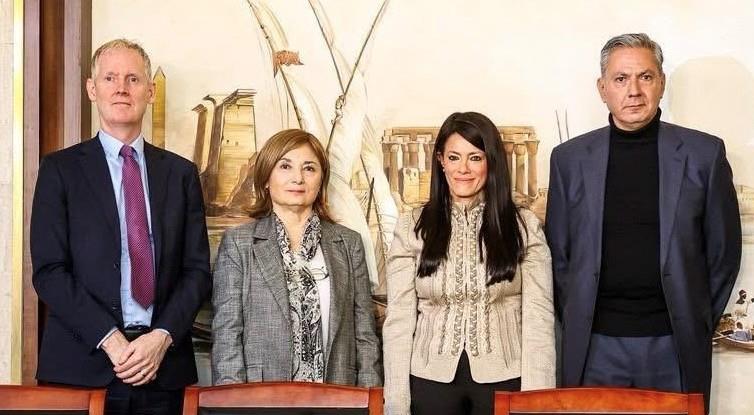
EIB Global Commits $80 Million to RMBV Fund Targeting Egypt’s Private Sector
The development-focused arm of the European Investment Bank (EIB Global) has agreed to contribute $80 million to the RMBV North Africa Fund III, reinforcing efforts to strengthen the private sector in Egypt and the broader North African region.
-
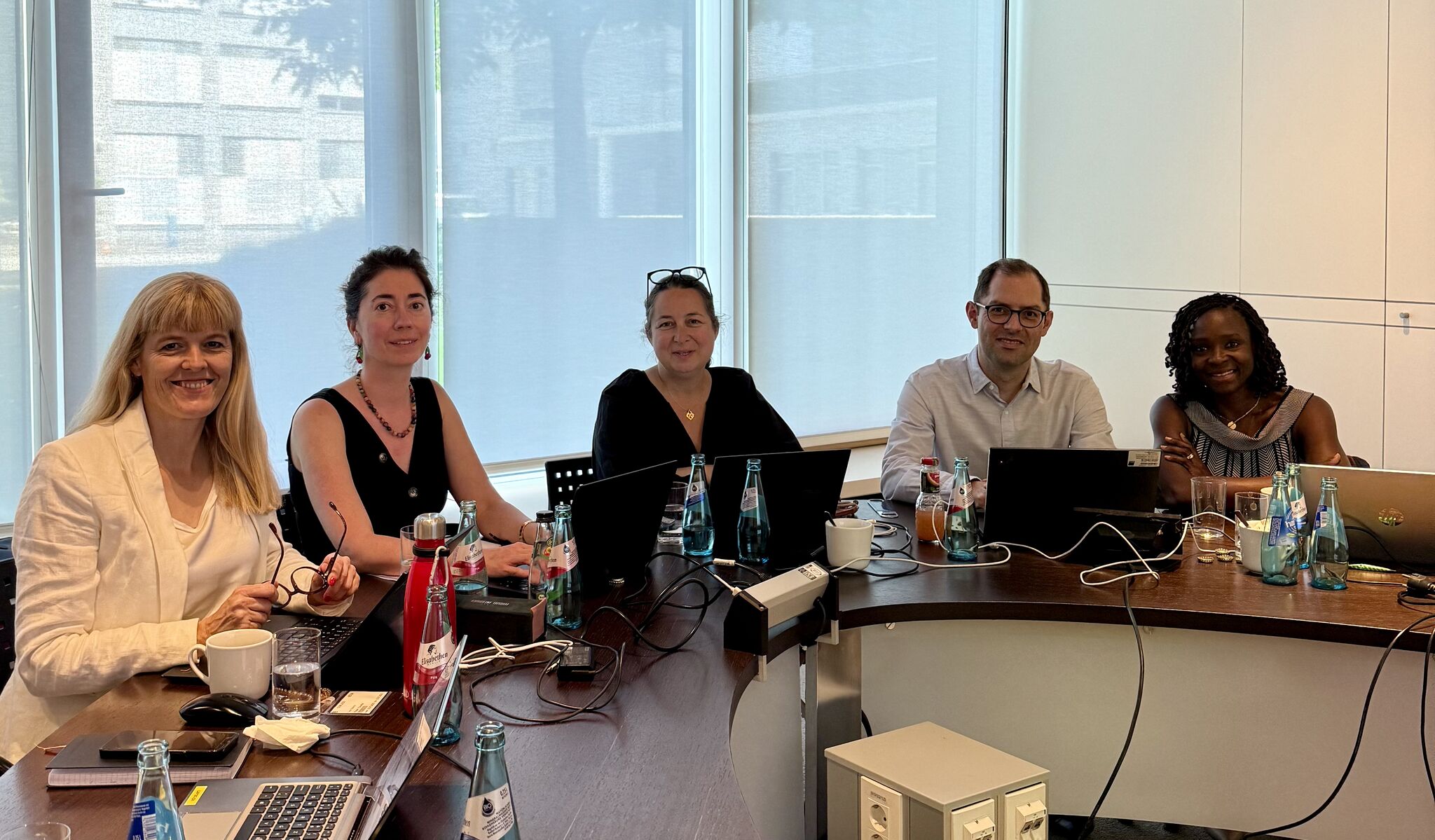
DEG Commits $20 Million to REGMIFA to Expand MSME Lending Across Sub-Saharan Africa
German development finance institution DEG has reported a $20 million commitment to the Regional MSME Investment Fund for sub-Saharan Africa (REGMIFA), adding fresh capital to a vehicle that finances smaller businesses indirectly by lending to local financial institutions.
-
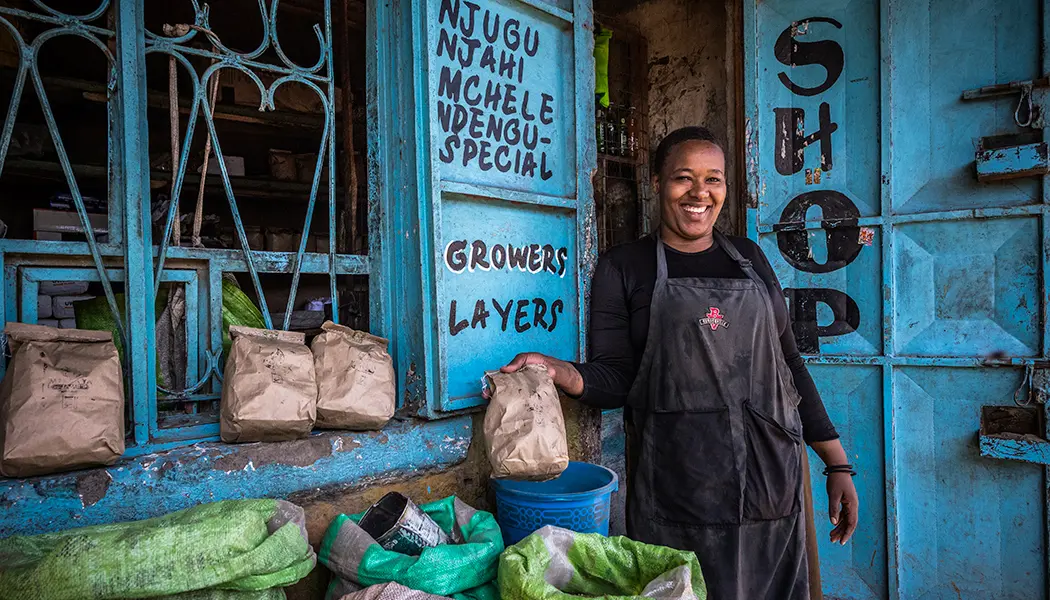
PIDG Backs Sanivation’s Naivasha Expansion With $3.3 Million to Scale Waste-to-Energy Solutions in Kenya
The Private Infrastructure Development Group (PIDG) has committed $3.3 million in equity financing to scale Sanivation’s waste-to-value operations in Kenya, specifically backing the expansion of its facility in Naivasha.